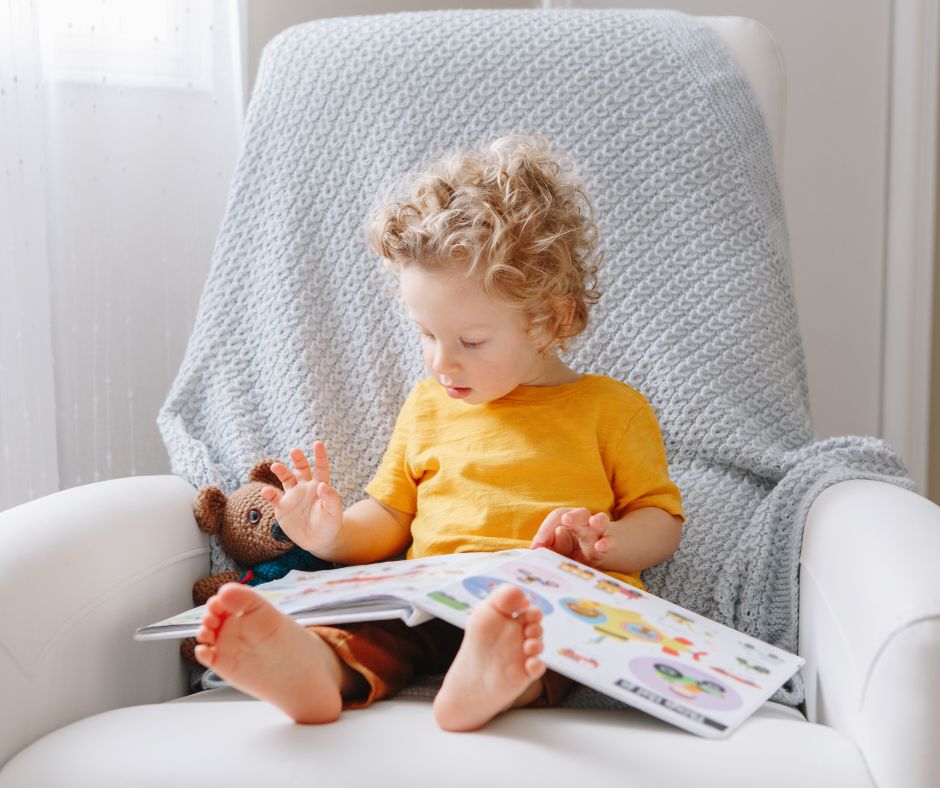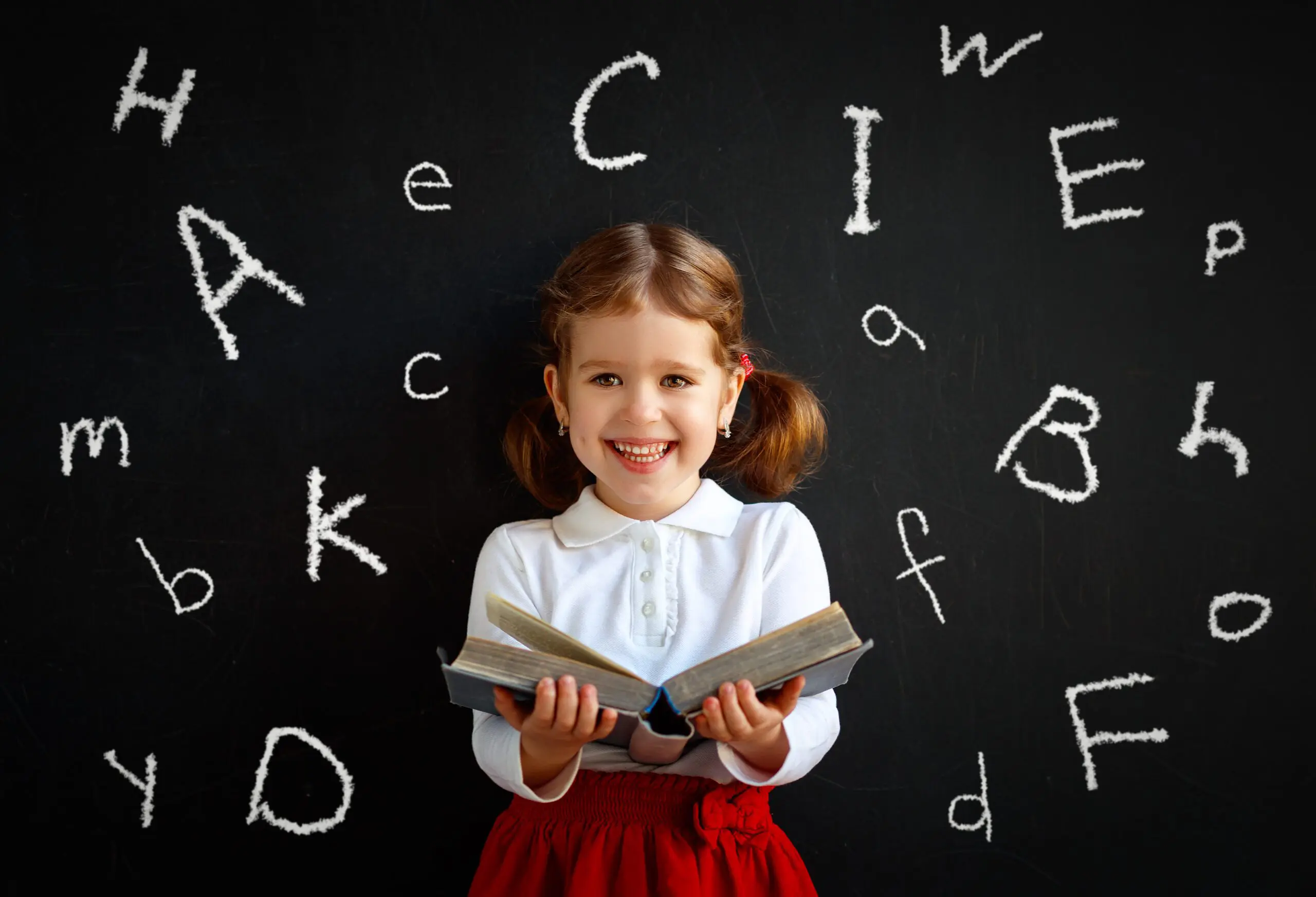Choosing the right pre kindergarten curriculum is one of the most important choices you’ll make to get your child ready for school. Ages 3 to 5 are times of major growth in thinking, motor skills, language, and emotions. An excellent pre-k program curriculum supports learning across all areas in ways that stay with kids for life.
This guide explains the key parts of the top pre-k curriculum and why it matters. You’ll learn the academic, social, and developmental skills high-quality pre-k focuses on. It will give your child the best start before kindergarten.
What is a pre kindergarten curriculum?
A high-quality pre kindergarten curriculum focuses on developing skills across key domains to prepare children for kindergarten. It includes instruction in early literacy (alphabet knowledge, phonological awareness, comprehension), early math (counting, shapes, patterns), science, social studies, arts, and motor development. Through hands-on activities and play-based learning, a pre kindergarten curriculum supports social-emotional growth and foundational academic abilities.
Early Reading Skills
Reading development is crucial in pre-k. Teachers read books all day and show pre-reading skills like:
Print ideas – understanding how print works, like reading left to right.
Sound awareness – recognizing sounds, rhymes, and syllables.
Letter recognition – identifying letters and sounds.
Comprehension – understanding meaning from stories and books.
These early reading skills prepare for formal reading lessons in kindergarten. An excellent pre kindergarten curriculum includes these basics in all activities.
Math Basics
Along with reading, activities to build math understanding are essential in pre-k. Excellent pre kindergarten curriculum focuses on skills like:
Number sense – counting, comparing amounts, and using numbers.
Shapes – identifying and sorting circles, squares, rectangles, etc.
Patterns – recognizing, predicting, and making simple patterns.
Measurement – learning ideas like size comparison, length, weight, and time.
Sorting – grouping by color, shape, and use.
Math at the pre-k level stays hands-on before moving into more abstract ideas in elementary.
Science Exploration
Preschoolers are naturally curious about the world. A great pre kindergarten curriculum uses this curiosity for science activities like:
Nature walks – teacher-led walks and interactive environment to observe, discuss, and ask about plants, animals, and weather.
Sensory tables – open exploration with sand, water, soil, and pinecones for kids to test ideas.
Life science – growing seeds, looking at bugs, studying textures. It will boost a kid’s interest in living things.
Physical science – hands-on projects with physics like magnets, floating, and balance. Kids will remain in touch with physical environment.
Science in pre-k is active and sensory, encouraging preschoolers’ natural wonder about nature.
Social-Emotional Learning
Pre-k involves big social and emotional learning around skills like:
Sharing – cooperating with friends, taking turns, compromising.
Empathy – labeling feelings in self and others, being kind.
Self-control – managing strong emotions and calming down.
Confidence – trying new things without fear of failure, speaking up.
Independence – self-help skills like cleaning up, feeding themselves, and separating from their parents.
These social-emotional milestones need specific nurturing, practice and adequate guidance. Excellent pre-k includes them throughout.
Motor Skills
Motor skills improve dramatically from ages 3-5 with the suitable activities:
Fine motor – grasping pencils, scissors, and small objects prep for writing. Typical activities include lacing, beads, playdough, and tracing.
Gross motor – climbing, running, and balancing develop whole-body coordination. Active playtime, playgrounds, and balls/bikes are essential.
Strong motor skills ensure school readiness across many areas.
Themed Units
Integrated units with themes engage curiosity, reinforce literacy, and connect learning across areas. Common pre-k themes include:
- All About Me
- The Farm
- The Grocery Store
- Community Helpers
- Transportation
- Animals
- Outer Space
Teachers immerse kids in each theme through books, projects, pretend play, and more. This engages young learners using topics from their everyday lives.
Assessment Without Testing
While experts reject testing preschoolers, observation-based assessment tracks development. Skilled teachers assess growth through:
- Notes during play
- Skill checklists
- Participation, focus
- Small group discussions
- Portfolios showing work
Assessments inform lesson plans and identify any special needs requiring help before kindergarten. Quality pre kindergarten curriculum avoids worksheets and drilling. Assessment happens through authentic play.
An excellent pre kindergarten curriculum sees preschool as a time to nurture engaged learning and growth across all areas. As you analyze pre k programs, look for research-based curricula providing whole-child education.
Join Children Central
At Children Central Langhorne Pre K, we incorporate the research-based HighReach Learning curriculum. This play-based curriculum draws on theories like Piaget’s Constructivism. It helps guide hands-on discovery and active learning. Through immersive, integrated units, children explore “big ideas” spanning multiple learning domains.
Our pre kindergarten programs balance classroom materials, family connections, and relationship-based strategies. We encourage active, playful learning tailored to each child.
See our HighReach Learning in action and enroll your child at one of our facilities today. Seach, “pre kindergarten near me” to learn more.
Frequently Asked Questions
1. What should I look for in a pre k program?
When researching pre-kindergarten programs for your child, look for a curriculum that focuses on developing key skills in early literacy, math, science, social studies, arts, and motor development. High-quality pre k program provide lots of hands-on activities, play-based learning, and opportunities for social development. Small class sizes with low student-to-teacher ratios are also important. Make sure any pre-kindergarten near me is accredited and has teachers trained in early childhood education. Schedule a visit to observe classes and get a feel for the learning environment.
2. What are the benefits of prekindergarten programs?
High-quality prekindergarten programs provide immense benefits for children. Attending pre-k improves school readiness with stronger math, language, and social skills. Prekindergarten programs help children transition smoothly into kindergarten. Studies show students who attend pre-k are less likely to repeat grades or need special education services. They also score higher on standardized tests later in school. Beyond academics, prekindergarten programs support improved attention spans, self-confidence, and reduced behavioral issues. Enrolling in prekindergarten programs gives your child an advantage!
3. How can I find the best pre kindergarten near me?
Searching online is a great way to find prekindergarten programs near me. Compare private, public school, and daycare center options. Look for NAEYC accreditation and half-day or full-day programs. Schedule visits and ask about the curriculum, teacher qualifications, class size, meals, and transportation. Get recommendations from other parents. Attend pre-k open houses in your school district. Consider Head Start programs if you meet eligibility requirements. Reach out to Children Central for the best pre kindergarten programs in Langhorne, PA. Their experienced teachers and play-based curriculum will fully prepare your child for kindergarten.



